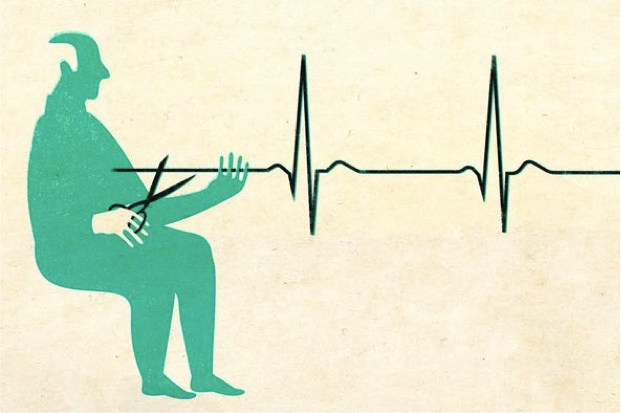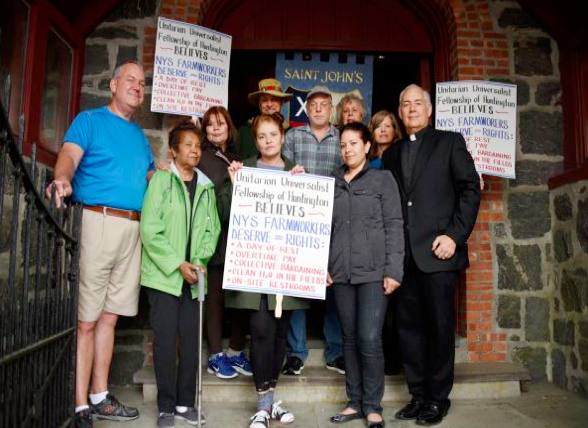
What’s in a name? Early this year, the Supreme Court considered this question in Lee v. Tam. The US Patent & Trademark Office (PTO) denied Simon Tam and his band, The Slants, a trademark for the name of the band. Citing the anti-disparagement clause of the Lanham Act, the PTO found that the name could

By: Karli Cozen The Court of Arbitration for Sport (CAS) has played an active role in the international sporting arena since its inception in 1984. CAS is an independent quasi-judicial body with arbitral jurisdiction to resolve both commercial and disciplinary sport-related disputes. It was developed to provide an outlet to resolve disputes in response to

By Daniel Sperling Is the minimum wage high enough today? Increasing the minimum wage could decrease poverty, benefit company productivity, and boost the economy. But is increasing the minimum wage really that simple? In 1938, the United States Congress passed 29 U.S. Code § 201, otherwise known as the Fair Labor Standards Act (FLSA), which

By: Karli Cozen When a terminally-ill person with only a few months to live is experiencing great pain and suffering, shouldn’t the law empower them to end that suffering and die on their own terms? The Supreme Court addressed the issue of physician-assisted suicide in Washington v. Glucksberg. In this 1997 case, the Supreme Court

By Dan Ovadia What is Crowdfunding? Crowdfunding is the process by which a business raises a relatively small amount of capital from a large number of funders. Crowdfunding networks rely on social media to get the word out about their product while attracting a broad base of supporters. The crowdfunding concept has arguably existed as

By: Alyssa Jones Football is ingrained in American culture. This has been evidenced by the fact that professional football has been voted as America’s favorite sport for thirty years straight. Furthermore, the recent Super Bowl 50 garnered 111.9 million television viewers. And the National Football League (“NFL”) grosses over seven billion dollars annually. Yet, despite
In the wake of the Paris attacks, much of the debate concerning refugees has resurfaced. There have been many talks centered on governors and other state officials trying to block Syrian refugees from entering their respective states. A majority of polled Americans want to block these refugees from coming to America. One interesting thing to


